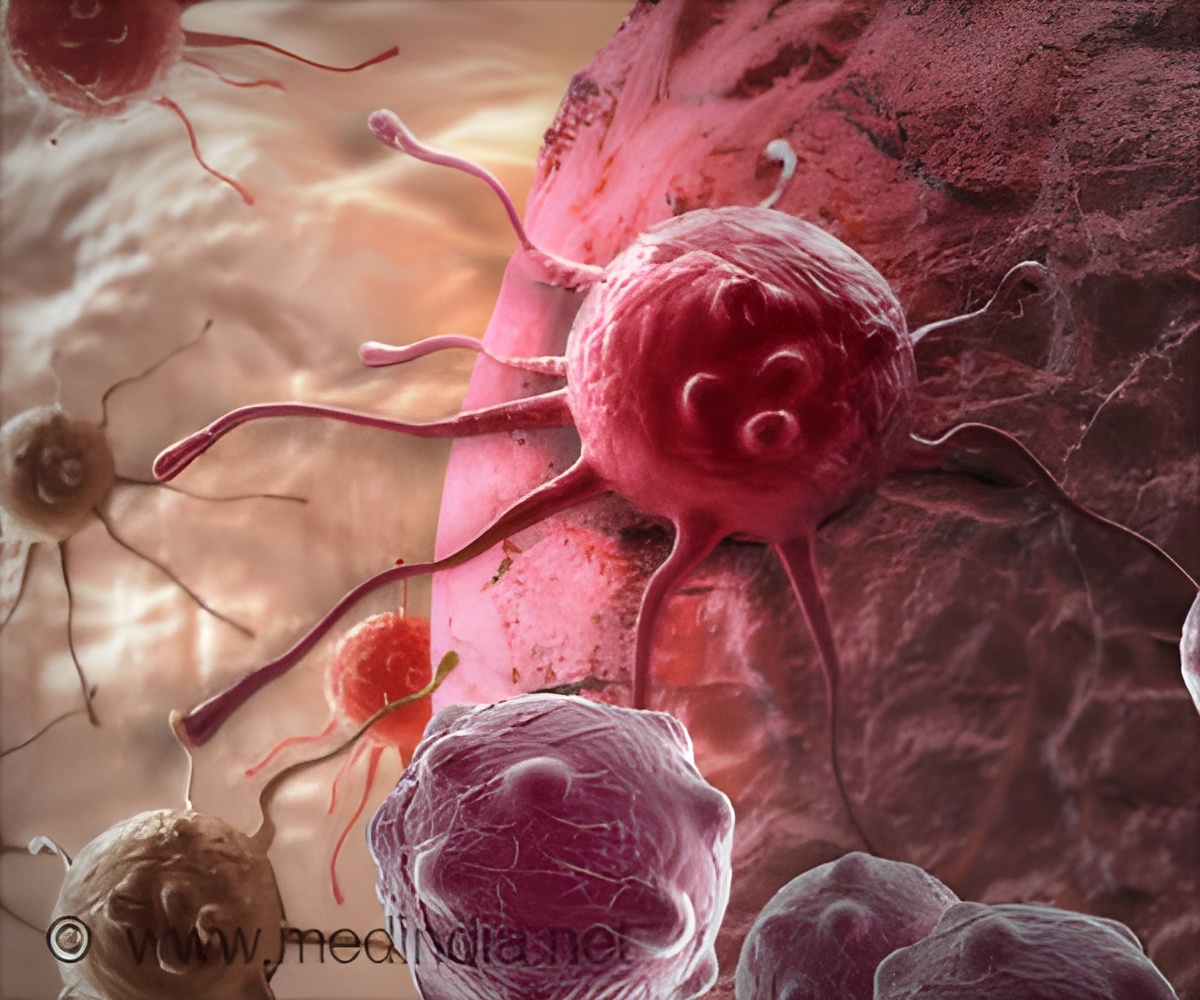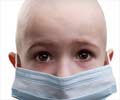Drug used during pregnancy to prevent miscarriage may increase the cancer risk in the mother's adult children

‘Drug used during pregnancy to prevent miscarriage – hydroxyprogesterone caproate (OHPC or 17-OHPC), may increase the cancer risk in the mother's adult children. This caution against the OHPC made the U.S. Food and Drug Administration to issue a proposal for withdrawal of OHPC from the market in October 2020 as it lacked clinical benefits.’





OHPC is a synthetic progestogen hormone that was first marketed in the mid-1950s (as Delalutin in the United States) to treat pregnant women with recurrent or threatened miscarriage. It is still available in the United States for pregnant women (under the trade name Makena) to prevent preterm birth. "There is compelling evidence that some synthetic hormones cause endocrine disruption during early fetal development that may lead to cancer later in life for the offspring," says the study's lead researcher, Caitlin Murphy, PhD, M.P.H., an assistant professor at the University of Texas Southwestern Medical Center in Dallas, Texas.
Exposure to Drugs during Pregnancy
The study was supported by other researches that revealed the risk of certain cancers in adult daughters of those women who took synthetic estrogen diethylstilbestrol (DES) in the 1970s.
The study team enrolled the participants in the Child Health and Development Studies (a group who received prenatal care between June 1959 and June 1967 in the Kaiser Foundation Health Plan in Oakland, Calif) to examine the effect of OHPC exposure on the cancer risk among adult offspring of mothers who used OHPC during the pregnancy versus offspring whose mothers did not.
Advertisement
Elevated Risk of Cancer
Advertisement
Additionally, it was also noted that these OHPC-exposed offspring had a nearly five times higher rate of colon and rectal cancers and almost four times the rate of prostate cancer compared with nonexposed offspring. Non-dramatic increase in the rates of breast cancer and cervical cancer was also observed.
"Our findings suggest multiple organ systems are susceptible to endocrine disruption during early development, which may increase the risk of cancer decades later. Caution using OHPC and other endocrine-active pharmaceuticals in early pregnancy is warranted", says, Murphy.
This mandated the U.S. Food and Drug Administration in October 2020 to issue a proposal that OHPC be withdrawn from the market as it lacked the clinical benefits.
Source-Medindia















